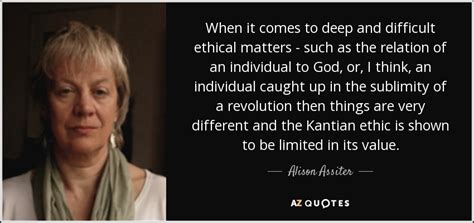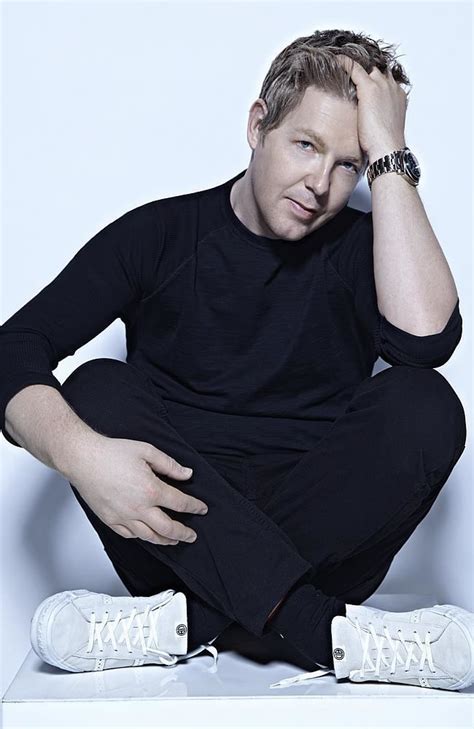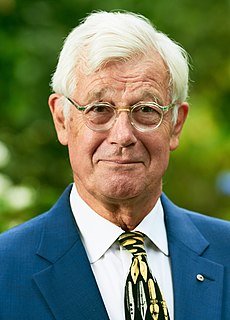A Quote by Emile Durkheim
It is not human nature which can assign the variable limits necessary to our needs. They are thus unlimited so far as they depend on the individual alone. Irrespective of any external regulatory force, our capacity for feeling is in itself an insatiable and bottomless abyss.
Related Quotes
In this way the ego detaches itself from the external world. It is more correct to say: Originally the ego includes everything, later it detaches from itself the external world. The ego-feeling we are aware of now is thus only a shrunken vestige of a far more extensive feeling - a feeling which embraced the universe and expressed an inseparable connection of the ego with the external world.
I think that human beings have gotten as far as we've gotten because of our adaptability, our ability to adapt, and our ability to dovetail our technologies - our brains to our tools. With the Industrial Revolution, we transcended the limits of our muscles. With the digital revolution, we transcend the limits of our minds.
The study of letters is the study of the operation of human force, of human freedom and activity; the study of nature is the study of the operation of non-human forces, of human limitation and passivity. The contemplation of human force and activity tends naturally to heighten our own force and activity; the contemplation of human limits and passivity tends rather to check it. Therefore the men who have had the humanistic training have played, and yet play, so prominent a part in human affairs, in spite of their prodigious ignorance of the universe.
Even in a jungle, lovely flowers will spring up here and there, such being the fecundity of nature, and however badly our pastors and masters run our society, however much they pull to pieces that which they claim to be keeping intact, nature remains fecund, human beings are born with human traits, sometimes human strength outweighs human weakness, and human grace shows itself amid human ugliness. ‘In the bloodiest times,’ as our play has it, ‘there are kind people.’
Human language has a vocabulary suited to our daily needs and functions: the shape of any human language maps approximately to the needs and activities of our mundane lives. But few would deny that there is another dimension of human existence which transcends the mundane: call it the soul, the spirit: it is that part of the human frame which sees the shimmer of the numinous.
Human life has no meaning independent of itself. There is no cosmic force or deity to give it meaning or significance. There is no ultimate destiny for man. Such a belief is an illusion of humankind's infancy. The meaning of life is what we choose to give it. Meaning grows out of human purposes alone. Nature provides us with an infinite range of opportunities, but it is only our vision and our action that select and realize those that we desire.
While it is possible for intelligence to increase the range of benevolent impulse, and thus prompt a human being to consider the needs and rights of other than those to whom he is bound by organic and physical relationship, there are definite limits in the capacity of ordinary mortals which makes it impossible for them to grant to others what they claim for themselves.





































